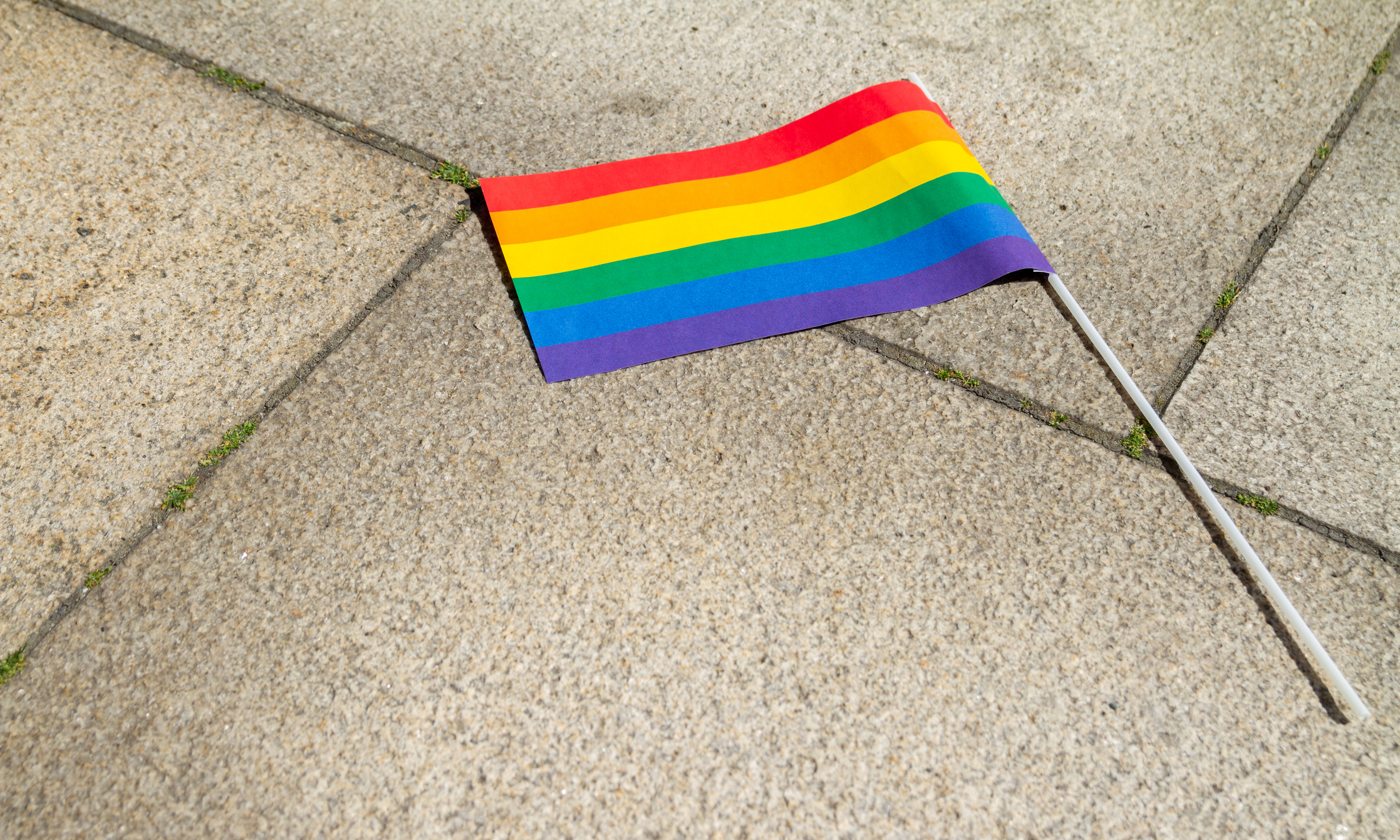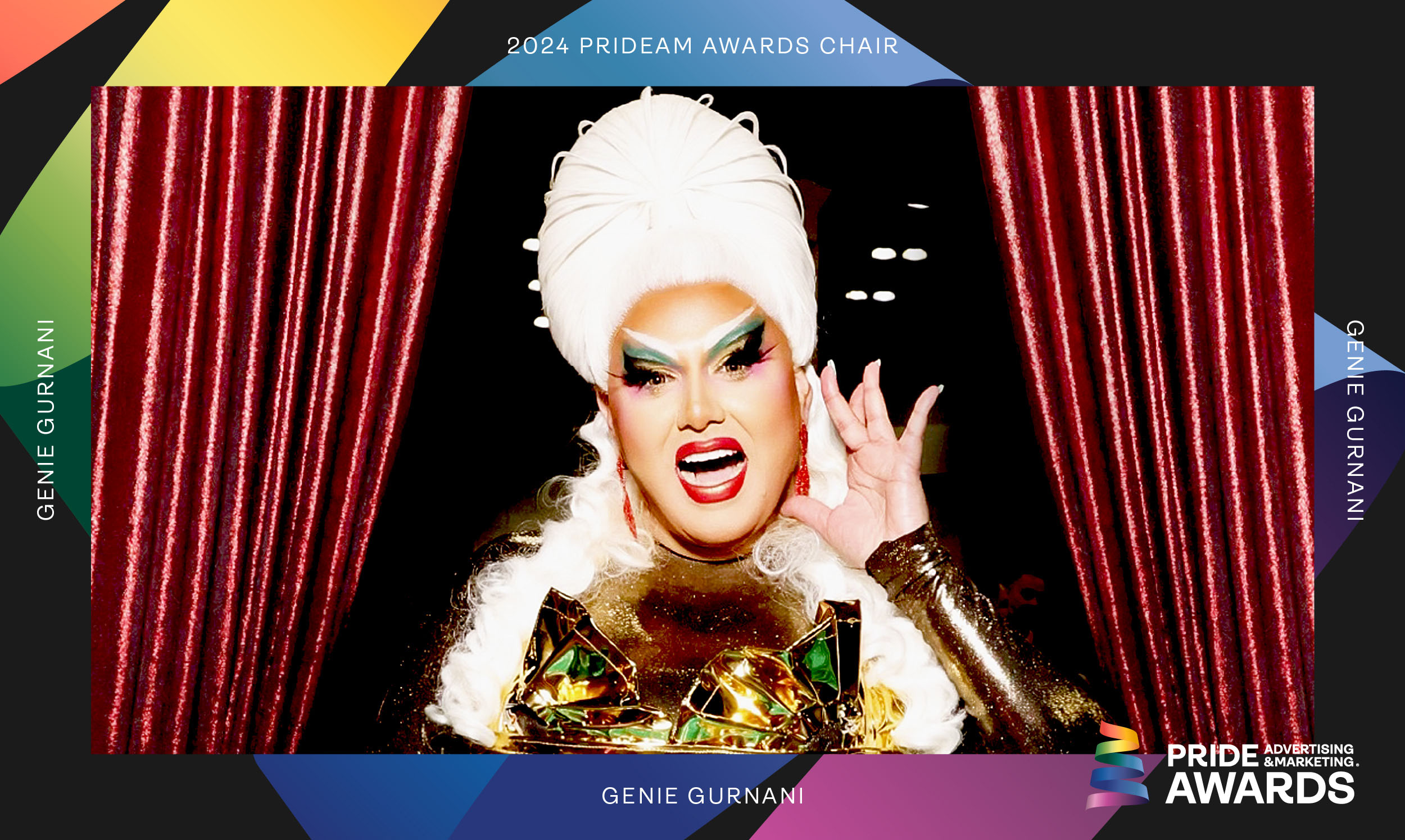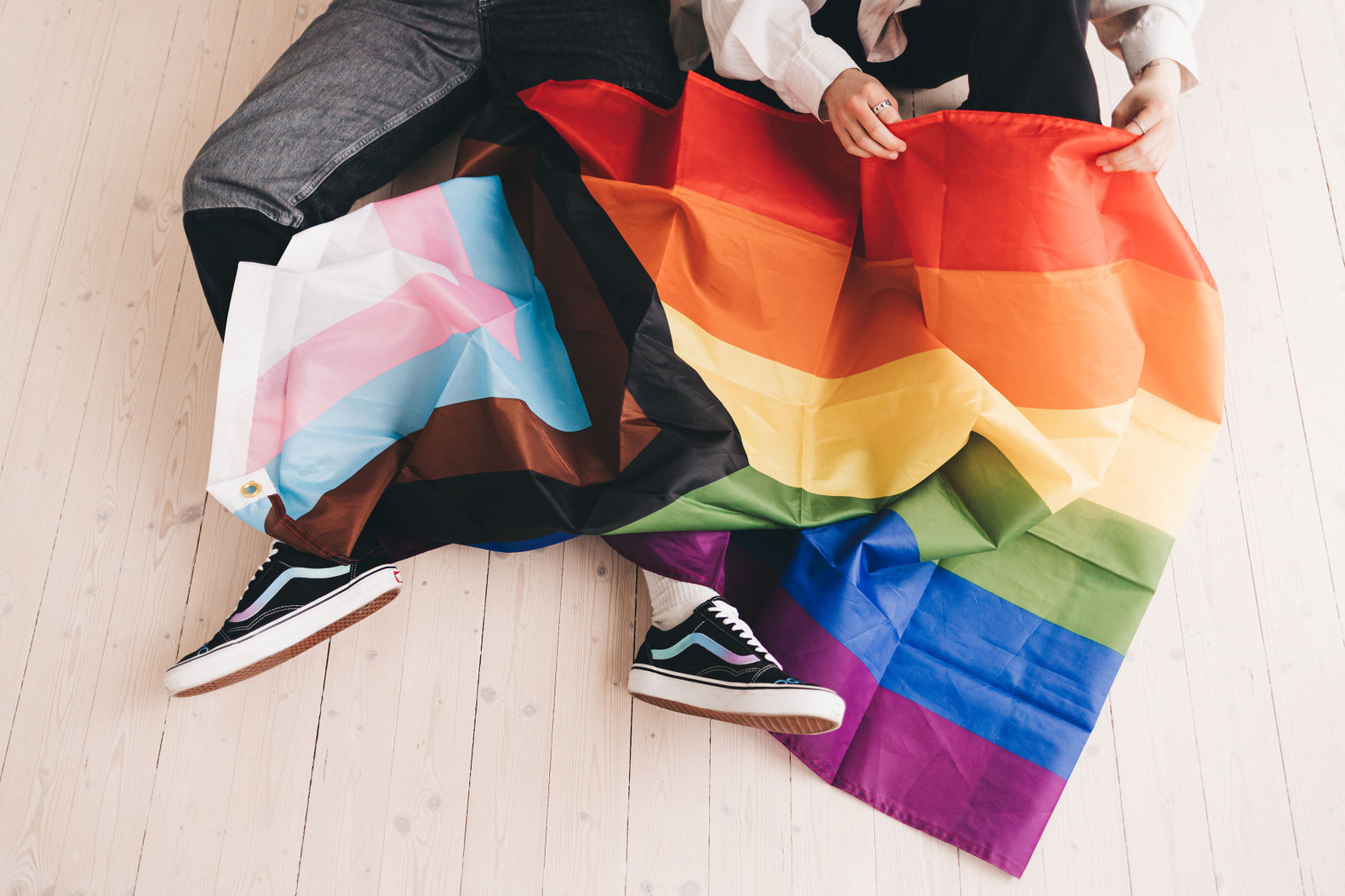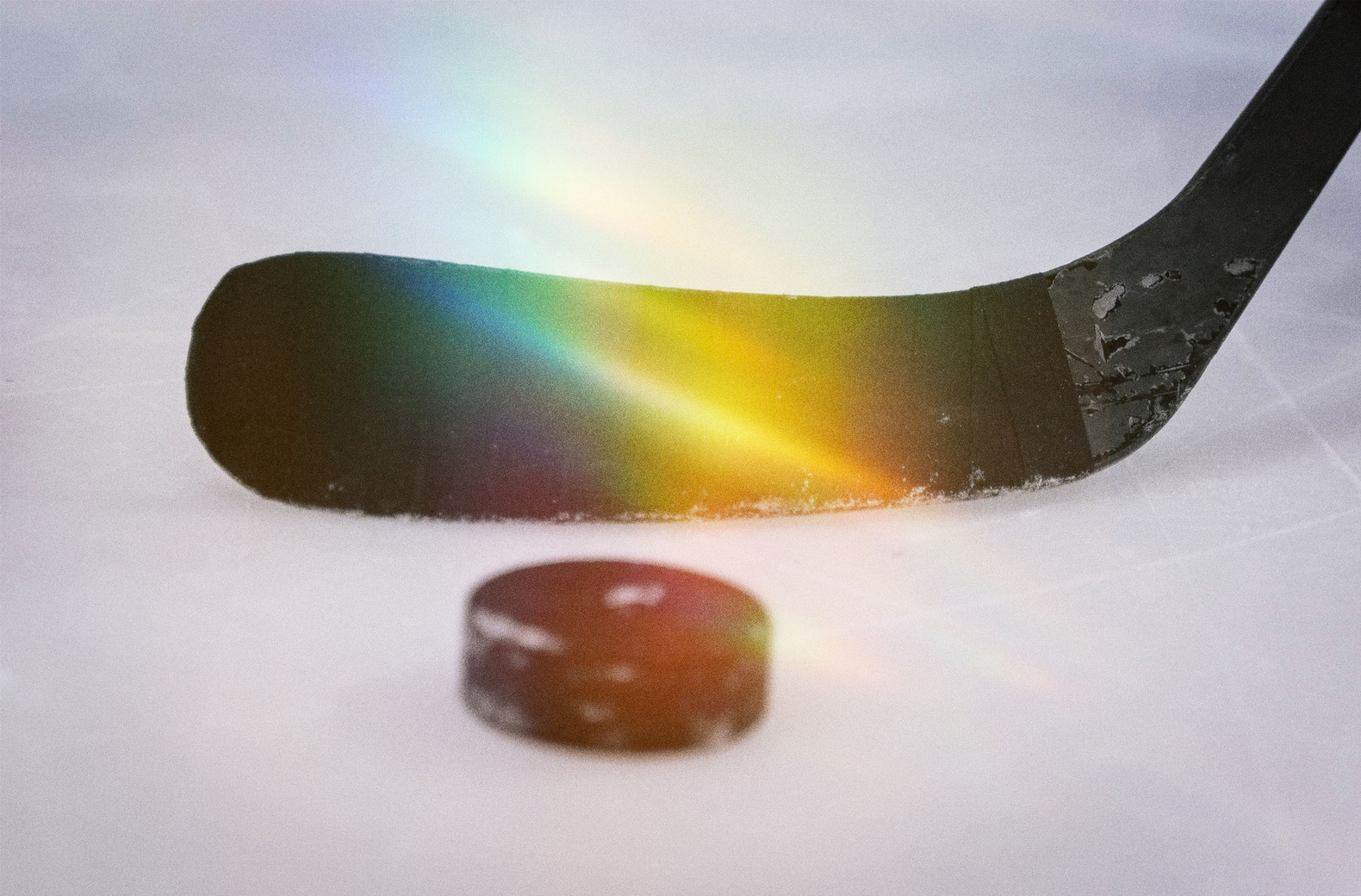What it’s like Coming Out at 13
In a new series of interviews exploring LGBT+ lives in modern Britain, Richard Miles starts by talking to Libby Jones
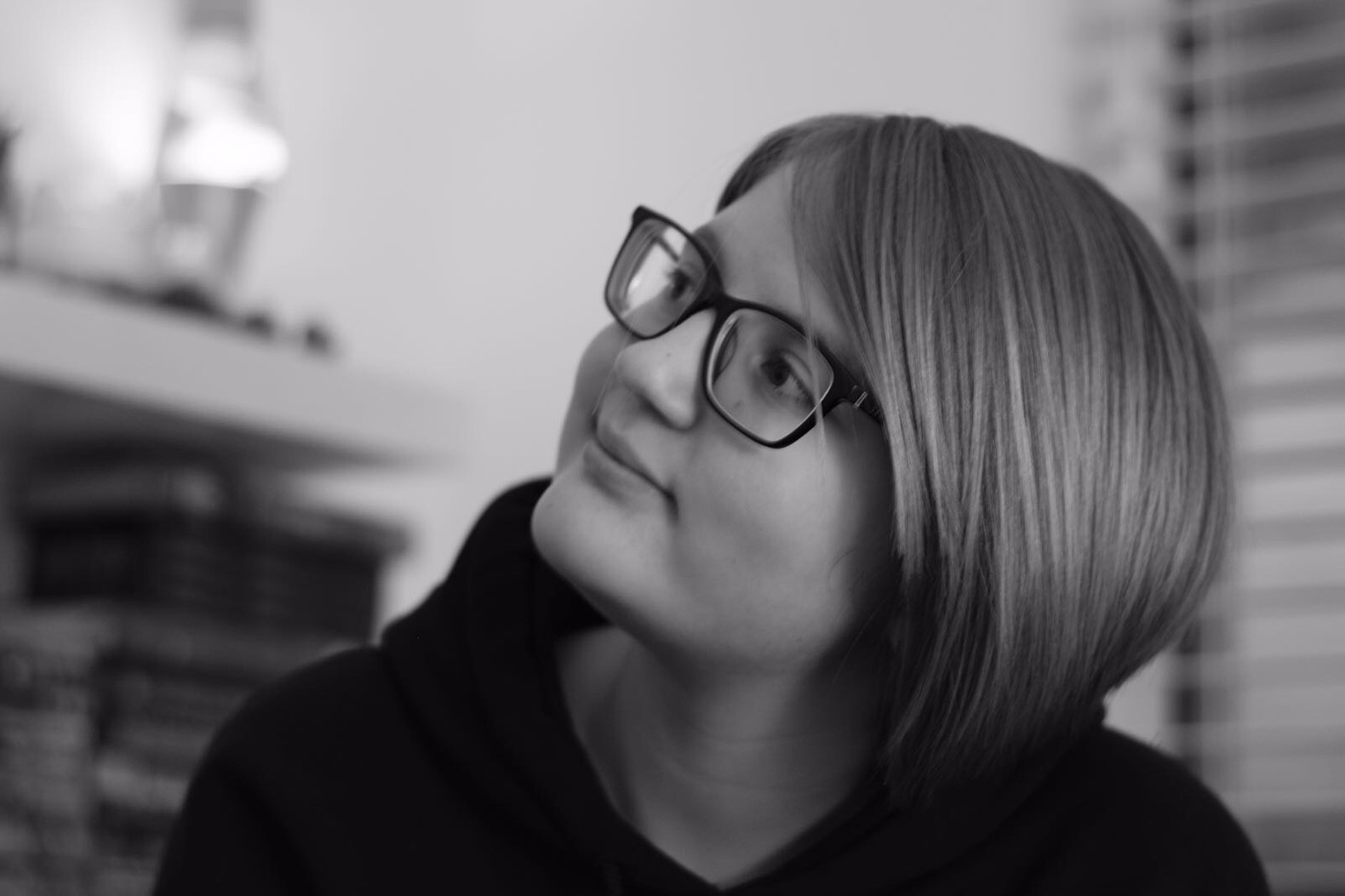
In a new series of interviews exploring LGBT+ lives in modern Britain, Richard Miles starts by talking to Libby Jones about her experiences of coming out at thirteen years of age, about the LGBT+ club at her school and how she feels about marching her first Pride tomorrow alongside PrideAM.
COMING OUT AT 13
NAME: Libby Jones
AGE: 13
LOCATION: Poole, Dorset
What made you come out now?
Mainly because I am lucky enough to be surrounded by family and friends who are extremely supportive of the LGBT+ community as a whole and also extremely supportive of me. I feel that I can’t really put myself out into the community without coming to terms with who I am. Coming out was the best way for me to do that.
How did your school friends / teachers react?
My school friends were very supportive and they were one of the main reasons I came out in the first place. In the end, it helped me connect with others and make more friends that are in the same place as me. I’ve not really come out to any teachers as I don’t feel I need to. But I believe most would be supportive as many of them realise that it’s important to have equality today.
What’s it like being out in school in 2017?
It’s great as it gives me the opportunity to fully express myself. In my particular school, we have an LGBT+ club and even though I am not part of it, it just solidifies the notion that being out is welcome in the school community and there is support if people need it. I think some people believe that acceptance happens mainly in capital cities, like in London and Manchester, but the country is moving forward quickly. Although every school is different, it’s good to know that acceptance can even reach a little school in rural Poole.
Are there any other LGBT students in your school?
There are a wide variety of LGBT+ students in my school. I have friends that are lesbian and bisexual and have spoken with other non-binary and transgender students in the school who are a great influence for me and other teenagers.
Have you ever experienced homophobia from your piers?
I’m lucky. I have never experienced homophobic intent, but I am aware that some LGBT+ words are frequently used as slurs in my generation. I also see a lot of homophobia on the news and in the papers. I just wish the national media would show the positive things happening in the world, rather than only showing the worst of things.
Do you have any modern day LGBT role models you aspire to?
I am a huge fan of a lot of LGBT+ YouTubers, like MilesChronicles who is a non-binary YouTuber and regularly does videos offering great advice to the community. Also, Tyler Oakley, who is a huge LGBT+ figure that I watch all the time. I find his videos very inspirational. And I follow Ellen Degeneres, who is a landmark figure and such a positive influence.
YouTube has recently come under fire for filtering LGBT+ content. Do you think YouTube has done a good or bad job for young LGBT+ people?
I think overall YouTube has had a massive influence on people, as it has a wide variety of content creators across the LGBT+ community and I think this gives people a way to find themselves in a safe environment. However, I think filtering LGBT+ content was a bad move because it cuts off that opportunity for people to be more open-minded and educated about this important topic.
Do you think the rise in LGBT+ YouTube influencers has effected how young people think about gay people?
I think the rise of LGBT+ YouTubers has greatly influenced how young people feel about the community, because it gives LGBT+ people the chance to relate to a positive role model who is a huge media figure while also exposing those other young people who don’t identify as LGBT+ to a person who shares content that’s interesting to everyone. Being LGBT+ is just a part of who they are, but it doesn’t necessarily define them. It does a fantastic job of normalising sexualities.
Do you feel like you are well represented in mainstream media?
I feel that every day there is increasing LGBT+ media coverage, ranging from things like films, music and online documentaries. As a lesbian I don’t feel that I am represented as often as say white gay males so I still think we have a long way to go to make sure everyone has equal representation.
Do you think there will ever be a time that people won’t need to come out?
I hope that in the future no-one will find it necessary to come out. I think it should just be okay for anyone of any gender or sexual orientation to just express how they are feeling and not worry that it’s not okay to be who they authentically are, or feel that they have to tell people they feel alienated in or excluded from a straight/cis normative world. However, with all the coverage and acceptance the community is receiving, I believe that it will be a very real possibility soon.
You’re marching for the first time tomorrow at Pride in London, How are you feeling?
I’m excited and nervous all at the same time. This last year has been a year of truth, discovery and acceptance for me so I’m excited to be marching along side thousands more people who have been through exactly the same thing.
Bring on the celebrations! #LoveHappensHere
